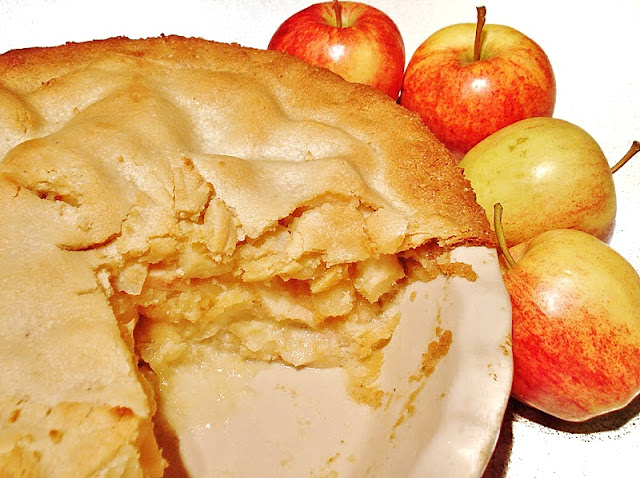I don't really care for the popular buzzword "superfood" which is used to describe foods appearing in ever growing and ever changing lists promoted by the media and bloggers. Some of these are foods I'd never heard of before - foods which you wouldn't have had access to in the past.
Studies have shown that these rather exotic sounding superfoods may contain certain medicinal qualities and I use the word "may" because this research is most likely to be inconclusive since it's been performed using small sample groups, on animals or in the lab with unrealistic, high concentrations of the food. And let's be real here! How many of us can actually afford to buy these foods regularly or even at all? Is it just a marketing ploy? Can we easily include goji berries, wheat grass, baobab or maca, for example, into our diet? And do we really want to?
The good news is that, in contrast, the majority of these so called superfoods are foods we incorporate into our diet anyway. Therefore, since they are just everyday foods, should they even be appearing on these lists? Surely the word "superfood" should only apply to something with a bit of pizazz? Something extra special like chlorella (green algae), for example.
By definition, superfoods are foods which are nutritionally dense and rich in antioxidants so, in my opinion, all fruits, nuts and vegetables should deserve to be awarded the "superfood" status, regardless of whether they appear in someone's list or not and I'm going to be posting about a few of my favourites over the next few weeks starting off with the humble apple.
Apples don't contain any fat or sodium and one medium apple weighing about 180 grams will provide about 95 calories and about 8 per cent of the recommended daily value of carbohydrates. This includes a whopping 17 percent of your daily required dietary fibre in the form of both insoluble fibre (which provides bulk for the digestive tract) and soluble fibre which is in the form of pectin and the pectin in apples has been shown to reduce "bad" LDL cholesterol and increase the "good" HDL cholesterol.
Interestingly, when you examine the actual breakdown of vitamins and minerals in a standard apple, it doesn't really seem that impressive apart from Vitamin C which is known to protect the immune system. The following list shows the percentages of your required vitamins and minerals (those above 1%) based on a 2000 calorie a day diet which can be found in an apple (unpeeled) :
- Vitamin C 14%
- Vitamin K 5%
- Vitamin B6 4%
- Vitamin B2 3%
- Vitamin A 2%
- Vitamin B1 2%
- Vitamin E 2%
- Potassium 6%
- Manganese 3%
- Magnesium 2%
- Phosphorus 2%
- Copper 2%
But this is where it gets more interesting! Apples are jam packed full of phytonutrients, especially in the peel. What is a phytonutrient? Well, phyto means "plant" in Greek so it means the nutrients of a plant. They are the compounds which protect the plant from the effects of the weather and insects, they look after the health of the plant and then go on to protect our health too. There are thousands of recognised phytonutrients some of which are also vitamins such as vitamins A, C, E, K and folate.
Antioxidants work by seeking out the harmful particles in the body known as free radicals which damage cell membranes and tamper with DNA. These antioxidants then go on to prevent and neutralise their effects on these cells which is why a diet full of antioxidants is so important to our health! Flavonoids which are largely responsible for the colour of fruit and vegetables are antioxidant phytonutrients with powerful properties.
Red apples are particularly high in the flavonoid, quercetin. This powerful antioxidant might beneficially aid lung function as well as assist in the prevention of lung and prostate cancer. Research has also revealed that it may help people who are suffering from memory problems.
In fact, apples are one of the most researched foods and the phytonutrients present in apples have been shown to help regulate blood sugar levels, reduce the risk of cardiovascular disease and improve asthma. If you want to read a little more about the health benefits of apples please click here.
Apples are perhaps one of our cheapest fruits. Kept cool, they are easy to store and a favourite dessert ingredient all over the world. I prefer to buy organic apples and often find them on offer but if you buy non-organic, just make sure that they are well washed. I've used them in quite a few SCD legal recipes on the blog including :

- and Apple Pie
So next time you buy apples, try to choose a variety of apples since the phytonutrients are unique to each type. They make an ideal mid-morning snack and are cheap as well as easily portable and from this evidence, it looks like an apple a day may actually help keep the doctor away!



